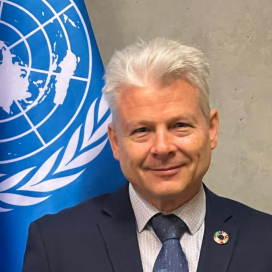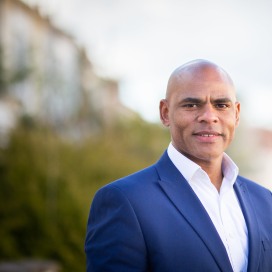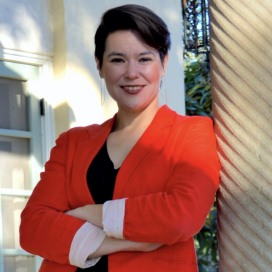
The ASEAN Secretariat | Head/Director of the ASEAN Connectivity Division
Smart cities have the potential to use digital technologies and data to guide better decision-making with respect to prosperity, sustainability, resilience, emergency management or effective and equitable service delivery.
This session takes stock of recent initiatives on inclusive smart cities. The urban digital transformation needs to be more aligned with national and local priorities, people’s needs, inclusion and human rights considerations, environmental sustainability, resilience and climate action – as set out in the New Urban Agenda and the 2030 Sustainable Development Agenda. Cities as varied as London, Barcelona, Warsaw, Johannesburg, Buenos Aires, Sao Paolo, Singapore and Seoul are taking a more human-centric approach to smart city transition.
Digital innovations for inclusive and greener cities

The ASEAN Secretariat | Head/Director of the ASEAN Connectivity Division

Bogota | Secretariat of Environment, Bogota, Colombia |

International Telecommunication Union | Counsellor and ITU Focal Point on Environment and Smart Sustainable Cities and Communities

Director, Territorial Planning | Government of Madagascar

UN-Habitat | Deputy Executive Director (a.i.) and Director, Global Solutions Division, UN-Habitat

City of Bristol | Mayor

Smart City Administrator | Office of Innovation for the City of San Antonio

Botswana Digital and Innovation Hub | CEO